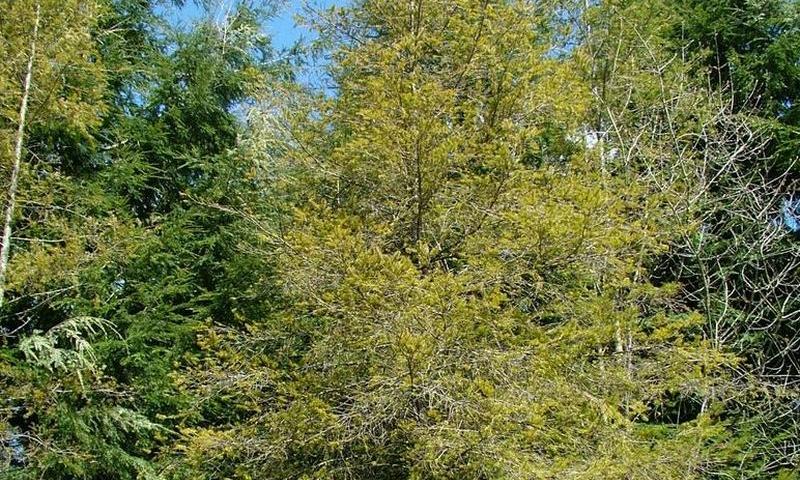1637532505
1637012687
1637012586
OSU to host mini-symposium on 2021 ‘heat dome’ event and impact on PNW forests and trees
The effect on trees of this year’s early summer Pacific Northwest heat wave is the subject of a Nov. 19 event hosted by the Oregon State University College of Forestry.
Additional Information:
